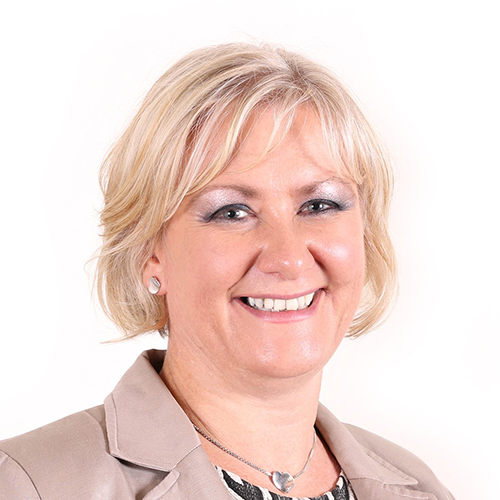Dr Breda Cullen

Breda has over 30yrs experience in the wound care field predominantly researching the role of inflammatory proteases and understanding the pathophysiology of the chronic wound environment.
Her research has led to the development of the first point of care diagnostic for wound care and the wound dressings PROMOGRAN™, PROMOGRAN PRISMA™, for which she was awarded the Johnson Medal.
She has over 75 publications and 30 patents and most recently, Breda was recognized by the wound care community (EWMA-GNEAUPP 2025) as one of the pioneering women in wounds.
Presentation at Optimising wound healing study day
Recognising and managing excess inflammation in non-healing wounds
Abstract
It is well documented that non-healing wounds are trapped in the inflammatory phase of healing, and fail to progress to closure. This chronic inflammation can be caused by many stimuli including a number of environmental factors which in association with underlying diseases means that patients are predisposed to have a non-healing wound.
Once a wound occurs the resultant inappropriate inflammatory response can cause significant damage and deterioration to the wound. Bacteria, while not the fundamental reason for non-healing wounds, can augment this pro-inflammatory response and complicate the management of these wounds. Thus, if we are to help heal these wounds, we need to disrupt this inflammatory cycle and keep bacteria under control.
Many advanced wound dressings are very effective at reducing bacterial bioburden even in the presence of biofilms, however few are able to directly affect the inflammatory environment. We will discuss the ability of wound dressing materials to modulate the levels of pro-inflammatory cytokines and proteases present in chronic wound fluid and how best to manage these pro-inflammatory wounds.














